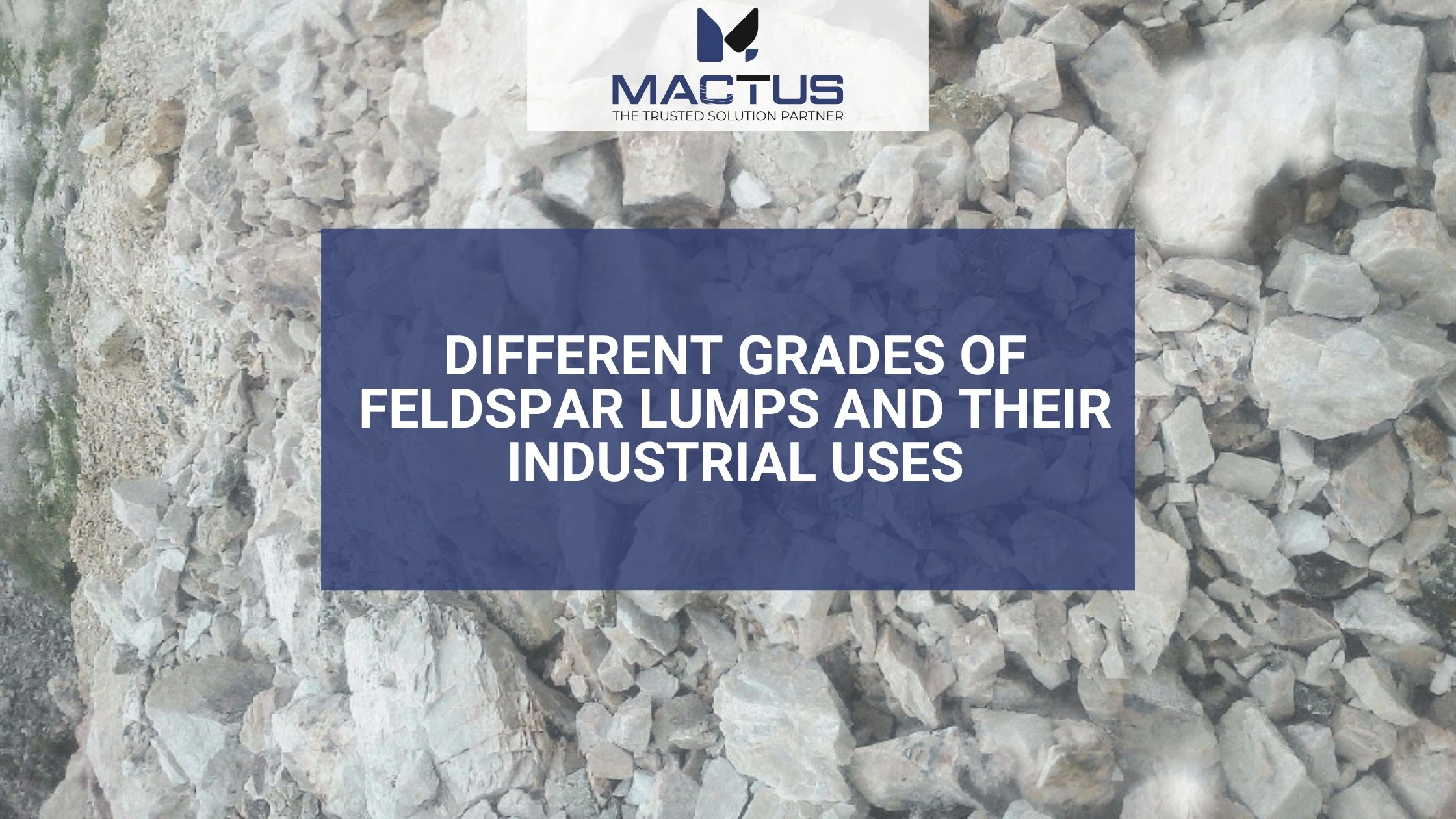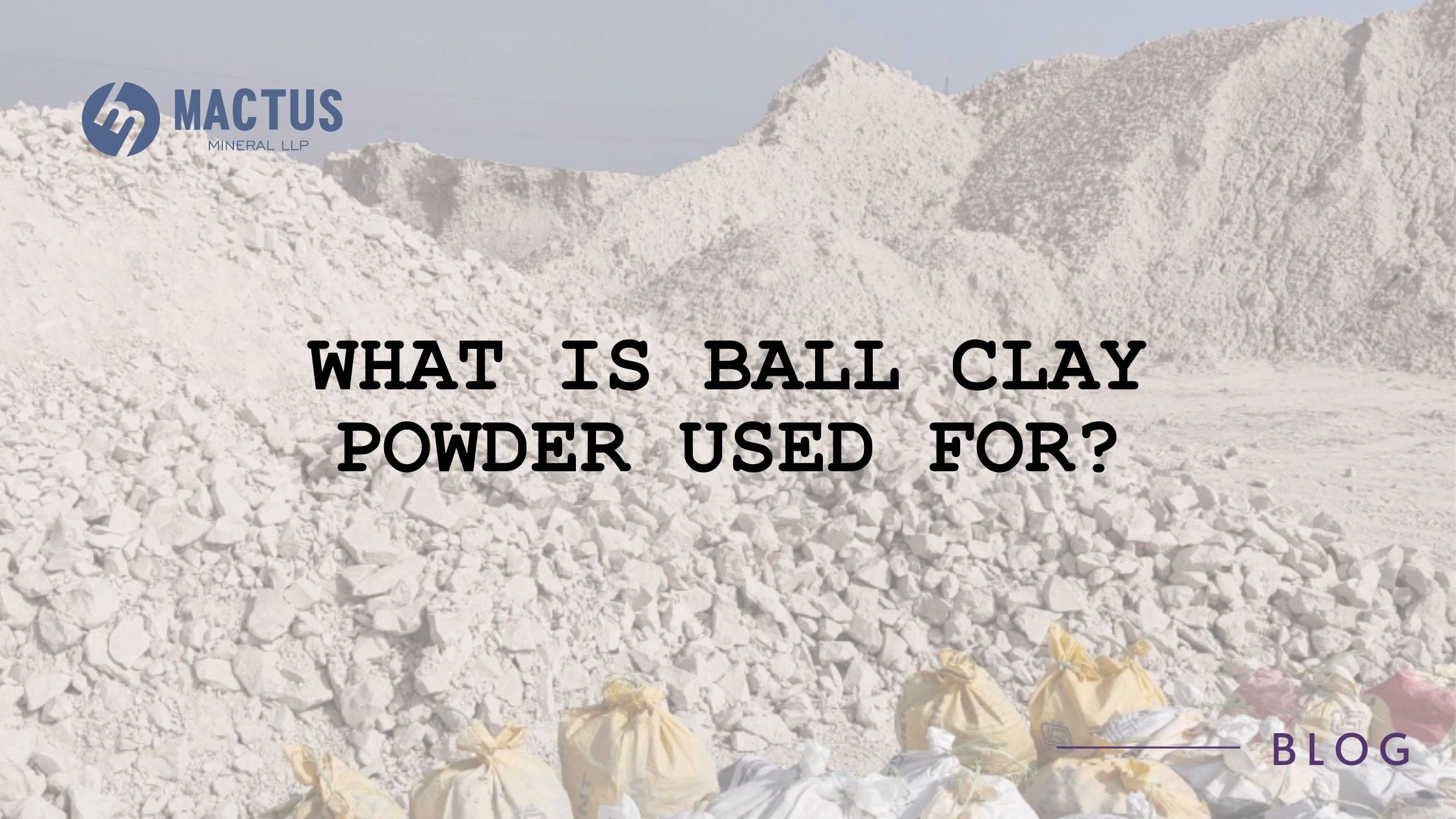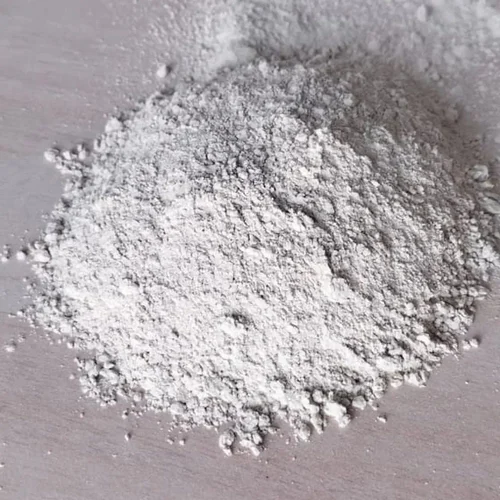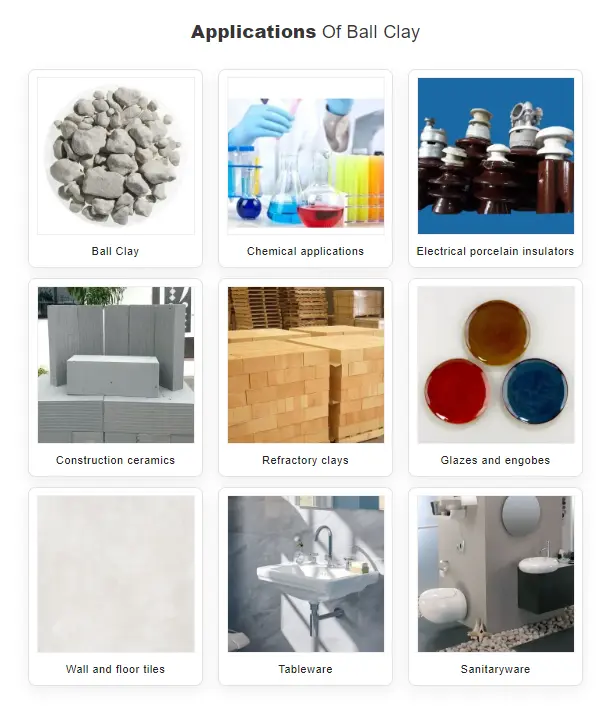

Connect With Our Team

Have you ever wondered about the versatile material known as ball clay powder? This fine, plastic clay has been prized for centuries due to its unique properties and wide range of applications. As you explore the world of ceramics and industrial materials, understanding ball clay powder's uses can open up new possibilities for your projects. From enhancing the workability of clay bodies to improving the strength of finished products, this remarkable substance plays a crucial role in various industries. In this article, you'll discover the many uses of ball clay powder and why it remains an essential component in manufacturing processes around the globe.
Ball clay is a highly plastic, fine-grained sedimentary clay that derives its name from the ball-shaped forms it's traditionally cut into for transportation. This versatile material is prized for its exceptional plasticity, high dry strength, and light firing color.

Ball clay primarily consists of kaolinite, along with varying amounts of other minerals such as mica, quartz, and organic matter. Its unique composition gives it several key properties:
Plasticity: Ball clay is extremely moldable when mixed with water, making it ideal for shaping and forming.
Binding strength: It has excellent dry strength, helping to hold other materials together.
Fine particle size: The clay particles are typically less than 0.5 micrometers in size, contributing to its smooth texture.
Ball clay deposits are formed through a complex geological process involving the weathering of granite rocks and subsequent transportation by water. These clays are typically mined using open-pit methods and then processed to remove impurities and achieve the desired particle size distribution.
Ball clay powder is a versatile material with applications across various industries. Its unique properties make it invaluable in ceramics, where it's essential for creating fine porcelain and earthenware. The powder's plasticity allows potters to shape intricate designs with ease.

In construction, ball clay powder serves as a key ingredient in cement and mortar mixtures. Its fine particle size enhances the workability and strength of these materials, contributing to more durable structures. Additionally, it's used in the production of refractory bricks, which line high-temperature furnaces and kilns.
Ball clay powder finds its way into numerous industrial processes. It's utilized in the manufacturing of rubber products, where it acts as a reinforcing filler. The cosmetics industry also benefits from its absorbent qualities, incorporating it into face masks and powders. Furthermore, ball clay powder plays a role in water filtration systems, effectively removing impurities from liquids.
By leveraging its unique characteristics, ball clay powder continues to be a crucial component in diverse fields, from art to engineering.
When sourcing ball clay powder, it's crucial to choose a reputable supplier. Look for companies specializing in ceramic materials or industrial minerals. Request samples and certifications to ensure the clay meets your specific needs. Many suppliers offer different grades of ball clay powder, each with varying properties suitable for different applications.
Storing ball clay powder correctly is essential to maintain its quality and workability. Keep the powder in a cool, dry place away from direct sunlight. Airtight containers or sealed plastic bags are ideal for preventing moisture absorption and contamination. For larger quantities, consider using food-grade plastic drums or specialized clay storage bins.
When working with ball clay powder, always wear appropriate personal protective equipment (PPE), including a dust mask and gloves. Fine clay particles can be harmful if inhaled, so ensure proper ventilation in your workspace. Store the powder away from food items and keep it out of reach of children and pets. Regularly inspect your storage area for any signs of moisture or pests that could compromise the clay's quality.
In conclusion, ball clay powder is a versatile and essential material with widespread applications across various industries. From ceramics and pottery to construction and environmental remediation, its unique properties make it invaluable. As you explore the world of ball clay, remember its significance in creating durable, high-quality products and its role in technological advancements. Whether you're a craftsperson, manufacturer, or simply curious about industrial materials, understanding ball clay powder's uses can provide valuable insights. Its continued importance in modern manufacturing ensures that ball clay will remain a crucial component in many products you encounter in your daily life for years to come.
Whatsapp Chatx
Hi! Click one of our representatives below to chat on WhatsApp or send us email to [email protected] [email protected]
 |
Mr. Vivek Rajpara +91 75750 53447 |
 |
Mr. Nikunj Vadaliya +91 98240 66283 |
